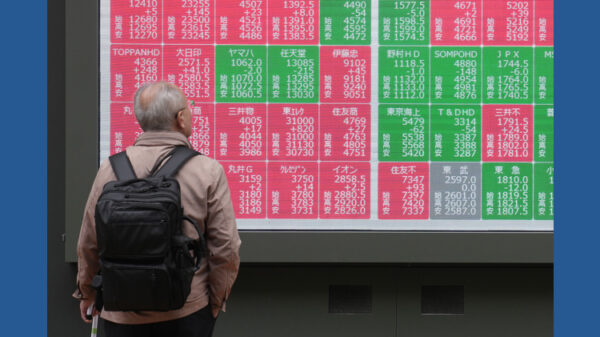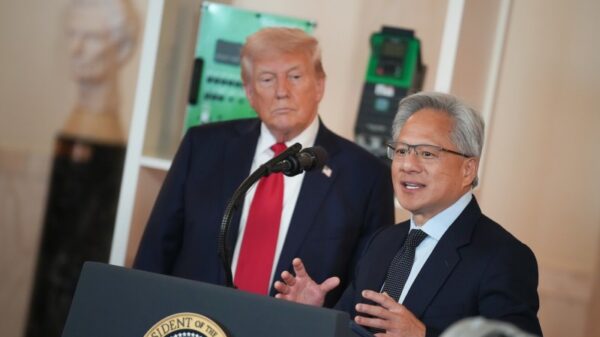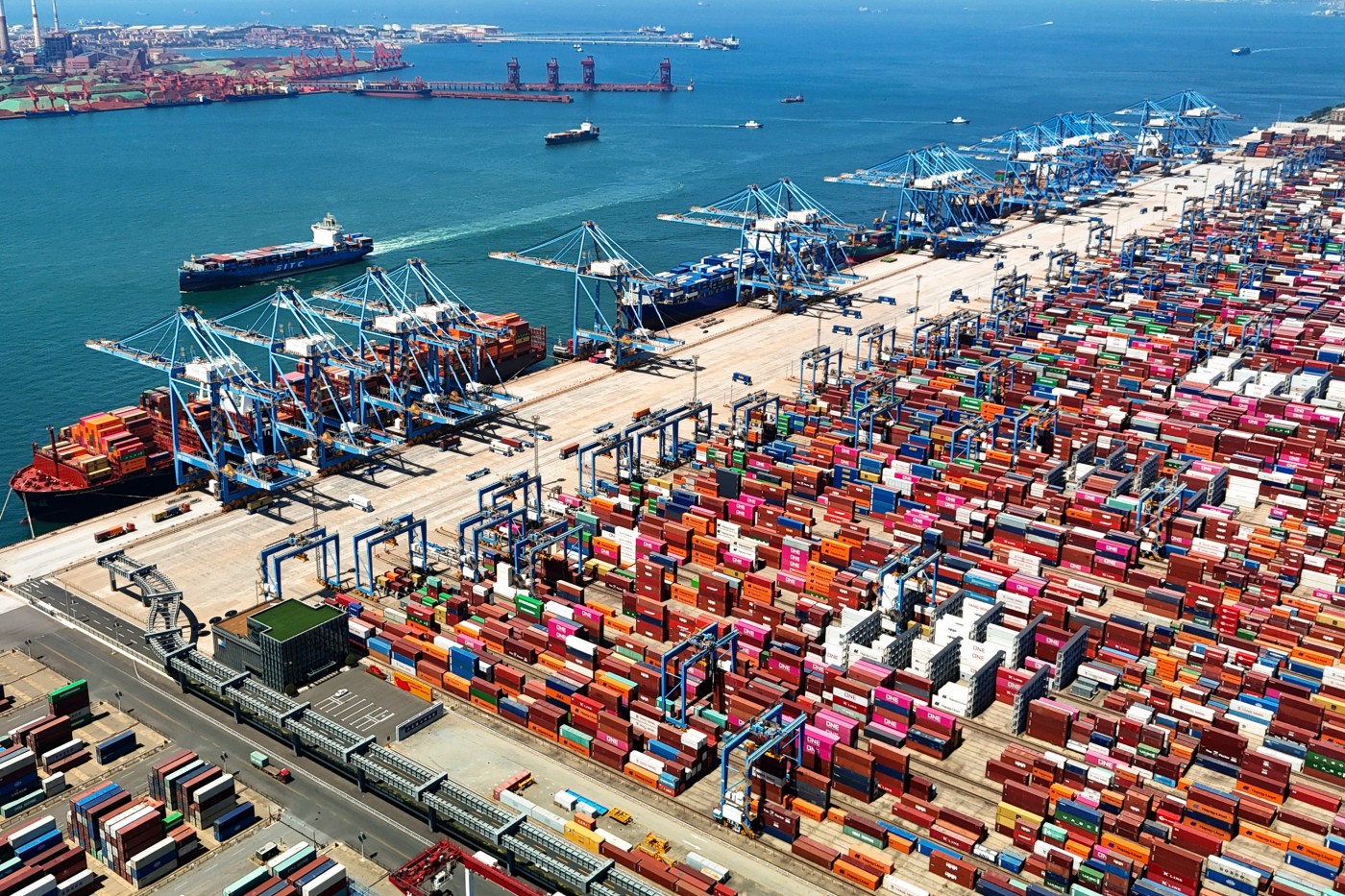China has firmly rejected President Donald Trump’s threat to impose a 100% tariff on imports from the country, emphasizing the need for negotiation rather than confrontation. In a statement released on November 1, 2023, the Chinese Commerce Ministry reiterated that while it does not desire a trade war, it is prepared to respond decisively if necessary.
The U.S. administration’s position was defended by Vice President JD Vance, who warned China against an aggressive reaction. During an appearance on Fox News Channel’s “Sunday Morning Futures,” Vance highlighted the importance of protecting American economic interests and described China’s significant control over critical supply chains as a national emergency.
China’s official response marks its first comment on the potential tariff increase, which comes in the wake of new restrictions imposed by Beijing on the export of rare earth minerals. These materials are essential for a variety of products, including consumer electronics and military applications. The ongoing exchange of threats raises concerns about a potential derailment of an upcoming meeting between Trump and Chinese leader Xi Jinping.
Vance noted the delicate nature of the situation, stating, “If they respond in a highly aggressive manner, I guarantee you the president of the United States has far more cards than the People’s Republic of China.” He expressed hope that China would opt for reasoned negotiation instead of escalating tensions.
China’s statement described the U.S. approach as misguided, cautioning that “frequently resorting to the threat of high tariffs is not the correct way to get along with China.” The Commerce Ministry urged dialogue to address mutual concerns, warning that if the U.S. continues its current trajectory, China will take necessary measures to protect its legitimate rights and interests.
The tariff threat follows Trump’s broader strategy of increasing import taxes on several trading partners since taking office in January. This has included measures targeting China, which has maintained a strong economic stance despite the pressure. The U.S. has also accused China of being “very hostile” by limiting access to critical resources, particularly rare earths, which account for nearly 70% of global mining and approximately 90% of processing.
In recent weeks, both nations have engaged in a tit-for-tat exchange of restrictions. The U.S. has expanded the number of Chinese companies subject to export controls, while China has announced that it will impose port fees on American ships in retaliation for similar fees introduced by the U.S.
The escalating tensions come at a time when both sides are grappling with the implications of their trade relationship. The imposition of tariffs and export controls threatens not only bilateral trade but also global supply chains, affecting industries from technology to manufacturing.
With the situation evolving, the coming weeks may prove crucial in determining whether a diplomatic resolution is attainable or if the two nations will continue down a path of confrontation. The stakes are high, as both economies are deeply intertwined, and the repercussions of a trade war could resonate well beyond their borders.








































































